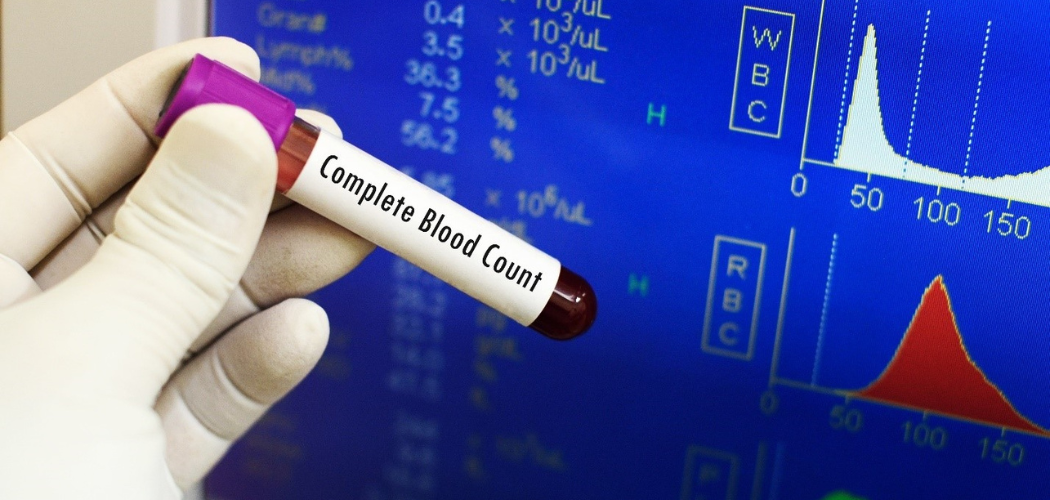The complete blood count test, often known as CBC, is a vital blood test that allows the doctor to assess each type of cell in your body and determine a patient’s overall health. It can also discover issues such as anemia or leukemia in the individual. This CBC test is now considered an important part of routine checkups or annual health maintenance schedules.
A complete blood count (CBC) can be used to identify a variety of health problems as well as track how diseases affect the body. This test is also for people who are suffering from symptoms such as fatigue, fever, weakness, and disorders related to the immune system.
WHY IS A COMPLETE BLOOD COUNT NEEDED?
- Monitor overall health
- Examine any existing blood disorders for any changes
- Helps to detect any vitamin and mineral deficiencies
A Complete Blood Count test determines:
1. WBC- Your body’s white blood cells aid in the battle against pathogens/germs and related infections. White Blood Cells are part of the body’s immune system.
- If your WBC count is high, it could be a sign of infection, inflammation, a medical reaction, or any other medical condition.
- A low WBC count indicates a viral infection or a bone marrow disorder.
2. MCV- Mean Corpuscular Volume or MCV is a scale for determining the average size of your red blood cells, also known as erythrocytes. The size of RBCs can provide doctors with a wealth of information regarding a patient’s medical status. MCVs aid in the diagnosis of a variety of anemias and other illnesses.
- A low MCV indicates that the size of red blood cells is small. This condition is termed Microcytosis.
- A high MCV indicates that your RBCs are larger in size than normal. This condition is termed Macrocytosis.
3. RBC- Red Blood Cells (RBC) transport oxygen through the body. Your tissues release carbon dioxide as oxygen is converted into energy. RBCs also aid in the transport of carbon dioxide. If you have a low RBC count, it indicates anemia or another condition.
4. Hemoglobin- It is the protein that is present in your blood. Hemoglobin (Hb or Hgb) retains oxygen in a person’s body. CBC test determines the Hb level, apart from blood glucose level or HbA1C. A low red blood cell count is indicated by a lower hemoglobin level than normal. There are various reasons why a hemoglobin test indicates a greater than the normal amounts, such as living at a high altitude, smoking, polycythemia vera, and dehydration.
5. Platelets- These are formed in the bone marrow, which is like a sponge-like structure in your bones. Platelets are also known as thrombocytes. When a person gets injured, platelets are called to action. These are a type of blood clotting component that helps to stop blood from flowing. They form a “core” or “shell” at the site of the injury.
6. Hematocrit- The percentage of red blood cells in your blood is measured by hematocrit. It allows doctors to know how many RBCs are present in a patient’s blood.
- Low hematocrit means a sign of iron deficiency
- High hematocrit means a sign of dehydration.
The following are some of the reasons why you should get a CBC test done:-
- It is a full-fledged medical examination that allows doctors to assess their patient’s entire health
- A physician may request a CBC test to assess treatment outcomes because it is not always feasible to tell from the outside.
- A doctor may recommend that you get a complete blood count (CBC) to decide the best course of action for you.
- CBC is recommended by a doctor to assist determine medical issues in an unwell person’s body.
Diagnear brings you the most-refined blood test services at your doorstep with same-day report delivery. All the tests are carried out precisely with 100% reliable reports.



 Login/Sign Up
Login/Sign Up





